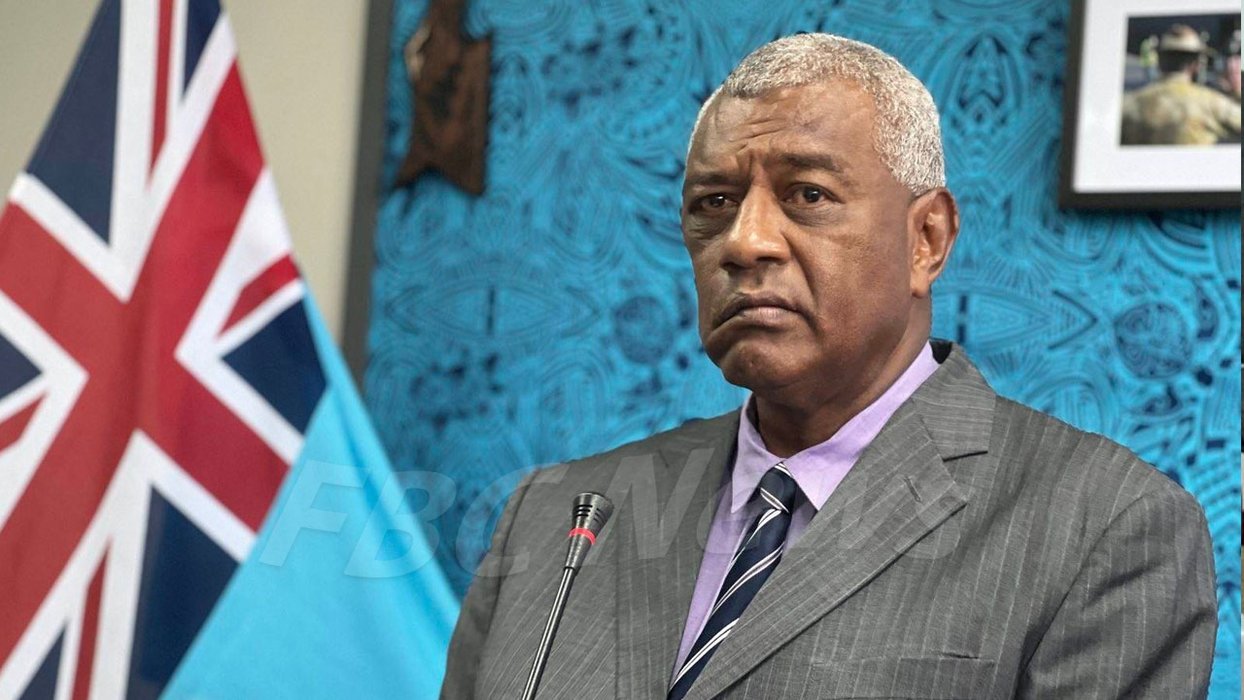
The state of civic space in Fiji is rated as ‘obstructed’ by the CIVICUS Monitor. While the government in 2023 took steps to repeal a restrictive media law and reversed travel bans on critics, the Public Order (Amendment) Act, which has been used to restrict peaceful assembly and expression, remains.
In September 2023, Fiji's Parliament passed a motion for the coalition government to establish a Truth and Reconciliation commission "to facilitate open and free engagement in truth telling" to resolve racial differences and concerns in the country. Prime Minister Sitiveni Rabuka had announced in December 2022 after forming a coalition that the setting up of such a body was "to heal the pains and scars left by previous coups".
In November 2023, Loukinikini Vili Lewaravu was appointed the new Director of the Fiji Human Rights and Anti-Discrimination Commission. She has spent almost the last ten years working for the Samoa National Human Rights Institution and was the Director of the Institution for almost eight years.
In recent months, the authorities have blocked solidarity marches on Palestine under the guise of national security, while an independent media council has been revived.
Peaceful Assembly
Police deny pro-Palestinian marches
#LOCALNEWS | The Fiji Police Force has yet to issue a permit for the “Free Palestine” march as they are still considering the safety of all citizens. #TimesNews #FijiNews #FijiPolice https://t.co/xwioixouNa
— The Fiji Times (@fijitimes) October 31, 2023
Civil rights activists were outraged with the Fiji police decision to cancel a peaceful march by students of the University of the South Pacific calling for an end to ‘genocide’ in the Gaza Strip.
A planned peaceful protest to ‘Free Palestine’ in Fiji’s capital, Suva, on 4th November 2023 was blocked when the government revoked their permit citing national security concerns. Home Affairs Minister Pio Tikoduadua told the media that "the security of the nation is important right now and he needed to exercise government responsibility about the march."
One of the organisers Aamirah Dean said “What we wanted was people to stand up for humanity and stand up for the oppressed. That's what we were advocating for".
The head of the Fiji Women’s Crisis Centre, Coordinator Shamima Ali, labelled the move by the Fiji government as “unacceptable and disgraceful”.
A separate application by the NGO Coalition on Human Rights on 16th November for a permit for a march to ‘call for peace, humanitarian aid and an end to genocide’ in Palestine was also denied.
The Public Order (Amendment) Act 2014 allows the government to refuse permit applications for any public meeting or march deemed to prejudice the maintenance of peace or good order. It has often been misused by the authorities to restrict or block peaceful gatherings and demonstrations, restricting the right to peaceful assembly and association.
#CeasefireNOW #StopTheGenocide pic.twitter.com/8ebVcqzg9H
— Fiji Women (@CommsFWCC) November 16, 2023
Despite the restrictions, the NGO Coalition has been holding a #ThursdaysInBlack vigil at the premises of the Fiji Women's Crisis Centre’s office.
Expression
Independent media council revived
#FijiNews | The Fiji Media Council was announced this morning by Deputy PM Manoa Kamikamica. The members are Agatha Ferei Furivai, Arshad Daud, Inoke Bainimarama, Laisa Bale, Marc McElrath, Naina Ragigia and Shirleen Sahai. https://t.co/yU3vzLkrQl
— The Fiji Times (@fijitimes) October 26, 2023
On 26th October 2023, the revival of the Fiji Media Council (FMC) and the introduction of new officers was announced by Minister for Communications Manoa Kamikamica.
During the launch, he explained that the FMC would “act as a platform where people in the media world can talk, work together, and resolve any issues that come up. The Council is also committed to taking public complaints about media content and ethics seriously, making sure there’s a fair and transparent process for handling concerns.” He emphasised that the FMC will be an independent body promoting self-regulation and upholding high standards in the media industry.
The FMC ceased to function after the enactment of the Media Industry Development Authority (MIDA) Act in 2010 initiated by the government that assumed power through a coup in 2006. MIDA had been used to harass journalists and opposition leaders, which undermined press freedom and the country’s democratic space. The new coalition government that was formed after December 2022 repealed MIDA in April 2023.
The newly elected interim Chair of the Fiji Media Council Agatha Ferei said “this is a new journey for the media and the people of Fiji.”
Fiji Media Association general secretary Stanley Simpson described the launch as a “historic day, a great day for Fiji Media” as he recalled the devastating impact of MIDA.
In an editorial for the Fiji Times, Fred Wesley hailed the revival of FMC as a boost to freedom of expression. He added: “Politicians and people can now ask the tough questions and more freely voice opinions without media organisations fearing prosecution for publishing against the national interest or having to run through a minefield of petty rules designed only to control and intimidate.”